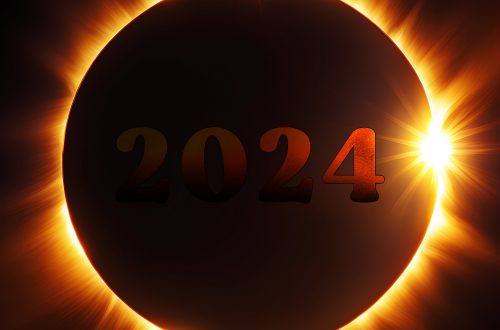This is a cross post by Marc Goldberg
Peter Beinart is an American intellectual/academic living in New York who has just written a book entitled “The Crisis of Zionism”. In a recent op-ed piece in the New York Times he argues in favour of a boycott on the settlements in the West Bank.
Beinart argues that the area beyond the Green Line should be referred to only as “nondemocratic Israel” and distinguishes it from “flawed but democratic Israel” on the other side of the divide. Bill Clinton himself complimented his new book calling it;“a deeply important book for anyone who cares about Israel, its security, its democracy, and its prospects for a just and lasting peace” adding that he “explains the roots of the current political and religious debates within Israel, raises the tough questions that can’t be avoided, and offers a new way forward to achieve Zionism’s founding ideals, both in Israel and among the diaspora Jews in the United States and elsewhere.”
The thing is that boycotting settlements seems kind of bizarre to me. Settlements consist of people who get up in the morning and drive to work everyday. There is some agriculture there as well as industry but I really doubt that this boycott will even appear on their radar, were it to ever actually happen. Beinart makes it very clear that he is not advocating to Israelis that they shouldn’t hire people if they live in the settlements just that to Americans that they should boycott them saying;
“Having made that rhetorical distinction [nondemocratic Israel], American Jews should seek every opportunity to reinforce it. We should lobby to exclude settler-produced goods from America’s free-trade deal with Israel. We should push to end Internal Revenue Service policies that allow Americans to make tax-deductible gifts to settler charities. Every time an American newspaper calls Israel a democracy, we should urge it to include the caveat: only within the green line.”
My big gripe with this is that it does not address the reality that is Israel, it addresses a small part of the reality that is Israel. In his whole 2 page piece Beinart doesn’t mention the PA or Palestine once and mentions Palestinians a mere 4 times at the very beginning, compare this with 25 times for Israel and Israeli. In other words he is looking at Israel in a vacuum. By ignoring Palestinians, or assuming that they would simply be so happy that this boycott were taking place that they would forget about their own agenda he does us all a disservice.
Does he think that with this mini boycott the settlers will simply leave their homes and move to within the Green Line? And if they did that that would really make the bad blood between us and Palestinians disappear?
At a time when the PA is threatening to dismantle itself and the peace process is nowhere, this latest little endeavour on the part of an American academic doesn’t make the road towards the necessary end game any clearer.
The discourse from the Palestinian Authority tends to be all about the past, “look at what we once had and look at what you are offering us” is the view that has ensured that time and again their leadership has utterly failed to take the steps necessary to securing a deal with Israel and ending this conflict. They have some serious work of their own to do before they are in a position to make a deal with us without any connection to settlement building or settlement boycotting.
The settlements are a tragic mistake on our part and do indeed make it much harder for the 2 state solution that successive Israeli leaders have argued in favour of to come about. Having said that to look at them in isolation makes a mockery of the entire situation.
I have a solution of my own, it’s called voting in the general election, the American Jews that Beinart is talking to can’t do that, but then they aren’t going to boycott the settlements either, mainly because it’s a really, really stupid idea. I am sure he will sell loads of copies of his book though and that, lets face it, is what all this is really about.


